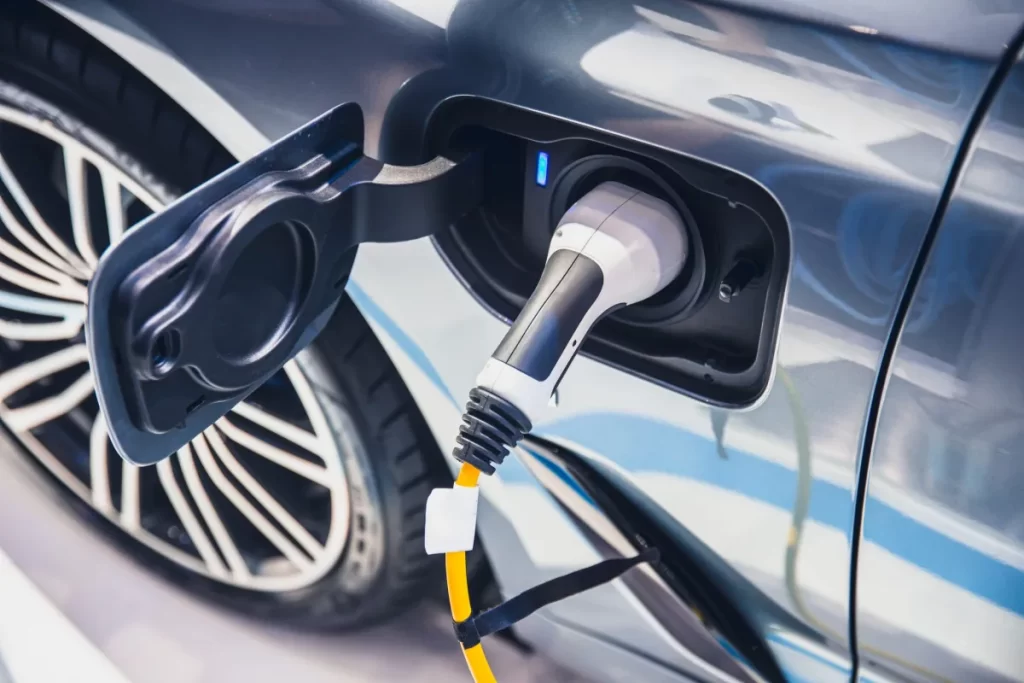
In a strategic move aimed at securing vital minerals essential for the production of electric vehicle batteries, the Japanese government has unveiled plans to collaborate with three African countries.
Tokyo is set to join forces with Zambia, the Democratic Republic of Congo, and Namibia, embarking on joint exploration projects that are slated to commence within the coming year.
Driven by the imperative to bolster economic stability and counterbalance China’s growing investments across the African continent, Japan is actively seeking to diversify its sources of critical minerals, including the pivotal lithium and cobalt.
Under the aegis of the Japan Organization for Metals and Energy Security (JOGMEC), a state-owned resource exploration entity, Japan is on the verge of establishing a memorandum of understanding with Zambia.
Furthermore, JOGMEC is finalizing collaboration agreements with Congo and Namibia, following preliminary discussions with both nations.
In a strategic maneuver that underscores the significance of this endeavor, Yasutoshi Nishimura, Japan’s Minister for Economy, Trade, and Industry, is embarking on an eight-day tour across Africa, encompassing visits to the aforementioned countries as well as Angola and Madagascar.
The signing of pivotal agreements is set to be a highlight of this diplomatic voyage, reinforcing Japan’s commitment to forging enduring alliances.
JOGMEC’s established presence in Zambia, Congo, and Namibia notwithstanding, the ambitious scope of mining projects necessitates substantial capital investments that have deterred private Japanese companies from venturing into these territories.
However, Japan’s government-led push to develop resources is poised to catalyze private sector involvement, thereby stimulating investment.
Japan and Zambia are poised to expand their collaborative exploration efforts, extending their purview beyond cobalt and copper to encompass nickel.
To facilitate this, Japan will leverage its remote sensing technology, utilizing satellite imagery to pinpoint potential mining sites through JOGMEC.
Meanwhile, in Congo, the focus of expanded exploration will be on copper and lithium. Japan International Cooperation Agency’s support in establishing a remote sensing center in the country underscores the shared commitment to technological advancement, with JOGMEC contributing to the training of local experts.
Namibia, with its wealth of resources like zinc and copper, presents a unique opportunity for collaboration.
A work plan in partnership with Namibia’s state-owned mining company, Epangelo, will strengthen the supply chain for rare earths and other crucial minerals, positioning the nation as a potential African export hub.
As the demand for minerals such as cobalt and nickel, integral to electric vehicle battery production, continues to surge, the importance of these collaborations cannot be overstated.
Congo’s preeminence as the supplier of 70% of global cobalt underscores Africa’s centrality in this domain, with the continent also being a key source of copper.
China’s considerable investments in Africa, particularly in Congo, have endowed it with a significant market share in processing minerals vital for electric vehicles.
Concerns loom that any export restrictions imposed by China in the context of geopolitical tensions could potentially impede efforts by Japan and other Western nations to mainstream electric vehicles and reduce carbon emissions.
Against this backdrop, Japan and fellow Group of Seven (G7) industrial nations, cognizant of their reliance on a handful of countries, primarily China, for critical mineral imports, have resolved to work in concert with developing nations.
Their shared objective is to diversify and fortify the supply chain for these essential minerals, echoing the commitment reaffirmed during the G7 summit in Hiroshima earlier this year.





